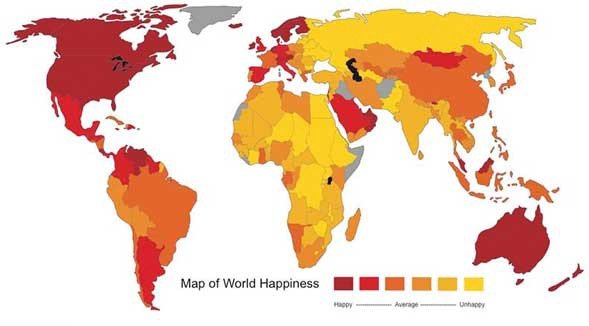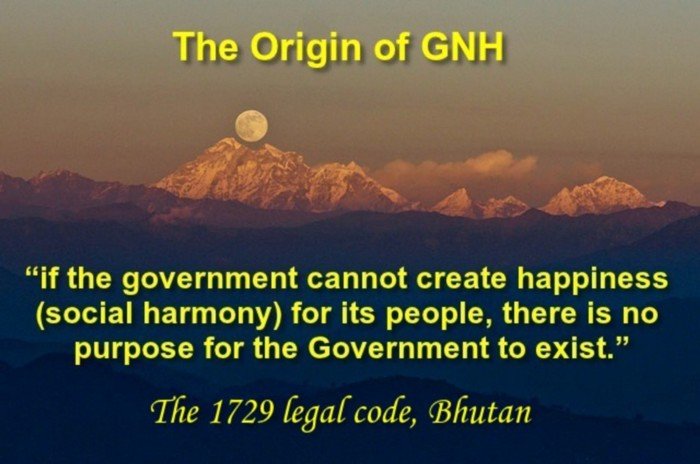Are you angry? In fact, do you remember the last time when you were not angry?
Is cynicism in our national DNA?

Are you angry? In fact, do you remember when you were last, not angry? Doesn’t it seem like everywhere you look there is evidence of the very things that outrage you? The news is full of shouting heads and social media has so many people sharing many things that confirm all your worst suspicions –whatever those may be.
I have observed in recent few years that there is an overwhelming hatred for almost everything possible under the sun. We hate our governments, politicians, decision-makers, leaders (of course there are strong reasons to do so), our national and local policies, healthcare system, our doctors, our education system, traffic management system, infrastructure, waste management systems, our cities, other states, our family members, our neighbours and their success, waiting in queues, all our habits as Indians, and unfortunately these days we hate being Indian too. This list is endless in fact google shows 15,60,00,000 results for what Indians hate. At times I feel cynicism is in our national DNA.
Hatred is the deep psychological response to feeling trapped or being unable to understand a certain sociological phenomenon. Hate, whether turned inward or out, creates a destructive state of mind that wreaks havoc with your physical health and emotional well-being. Hate is part of larger entropy; larger chaos and disturbance. We need to expend energy to control or reduce entropy, but currently, we are running really low on energy. We need to conserve and channelise. For these challenging times and a better tomorrow what we need is more compassion, empathy, positivity, problem-solving, innovation, and holistic thinking.
One predominant global paradigm for measuring national progress, the Gross Domestic Product (GDP), has resulted in an over-emphasis on production and consumption that in turn, is exhausting the planet’s capacity to sustain life. There is an urgent need for a new paradigm of development that can propel human society in a more meaningful, sustainable direction.
Is there something we can learn from our humble neighbours, Bhutan, and about their Gross National Happiness Index?

The phrase ‘gross national happiness’ was first coined by the 4th King of Bhutan, King Jigme Singye Wangchuck, in 1972 when he declared, “Gross National Happiness is more important than Gross Domestic Product.” The concept implies that sustainable development should take a holistic approach towards notions of progress and give equal importance to non-economic aspects of wellbeing.
The idea of Gross National Happiness (GNH) has influenced Bhutan’s economic and social policy. Bhutan created a measurement tool that would be useful for policymaking and create policy incentives for the government, NGOs, and businesses of Bhutan to increase GNH. The GNH Index includes both traditional areas of socio-economic concern such as living standards, health, and education and less traditional aspects of culture and psychological wellbeing. The GNH index supports policy-making and acts as a tool to review the potential effects of proposed policies on GNH. The stated goal is that all government projects and policies work together to maximise GNH.
Buddhist understandings of happiness, are much broader than those that are referred to as ‘happiness’ in Western cultures and literature.

The GNH Index includes nine domains
- Psychological wellbeing
- Health
- Education
- Time use
- Cultural diversity and resilience
- Good governance
- Community vitality
- Ecological diversity and resilience
- Living standards
In 2011, the UN unanimously adopted a General Assembly resolution, introduced by Bhutan with support from 68 member states, calling for a “holistic approach to development” aimed at promoting sustainable happiness and wellbeing. This was followed in April 2012 by a UN High-Level Meeting on “Happiness and Wellbeing: Defining a New Economic Paradigm” designed to bring world leaders, experts, and civil society and spiritual leaders together to develop a new economic paradigm based on sustainability and wellbeing.
In a sea of negativity — Bhutan’s GNH is a ray of hope. It is time for us to disperse all the doom and gloom with positivity and action. It’s time to get out of the zone of hatred.
Let’s channelise our hate into an energy, a force for creating change and the change that matters the most.
(This Perspective was originally published on April 30, 2021 by Shekhar Badve on LinkedIn)
